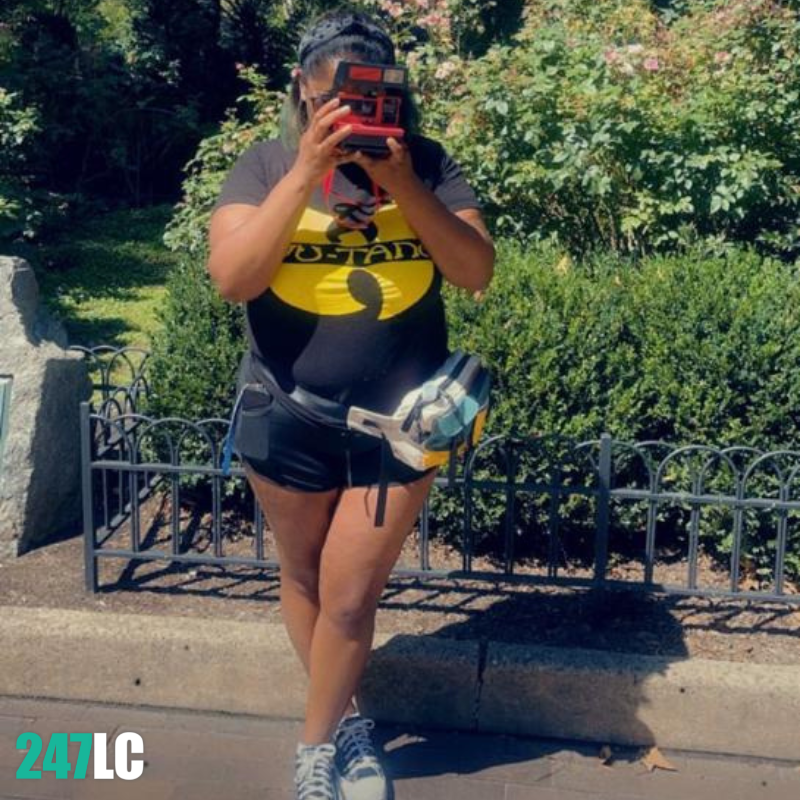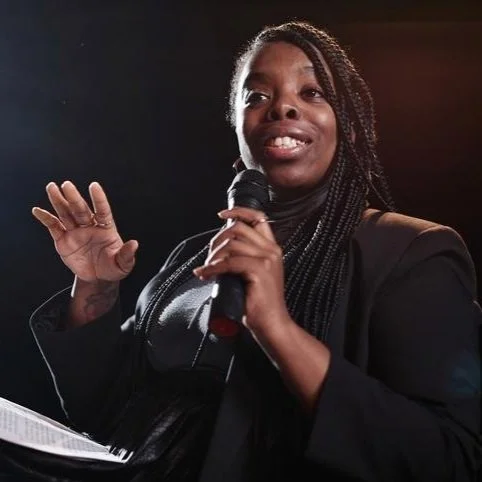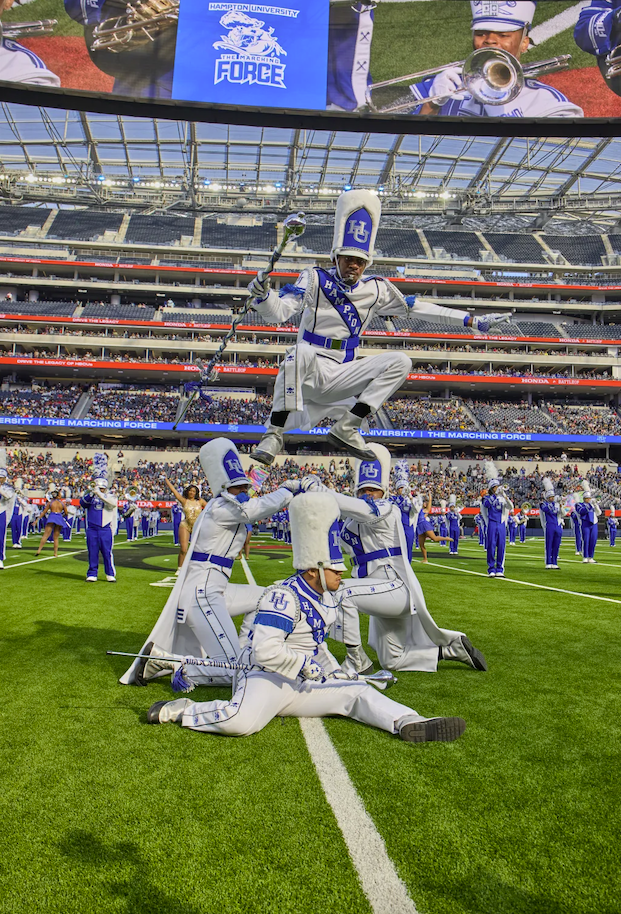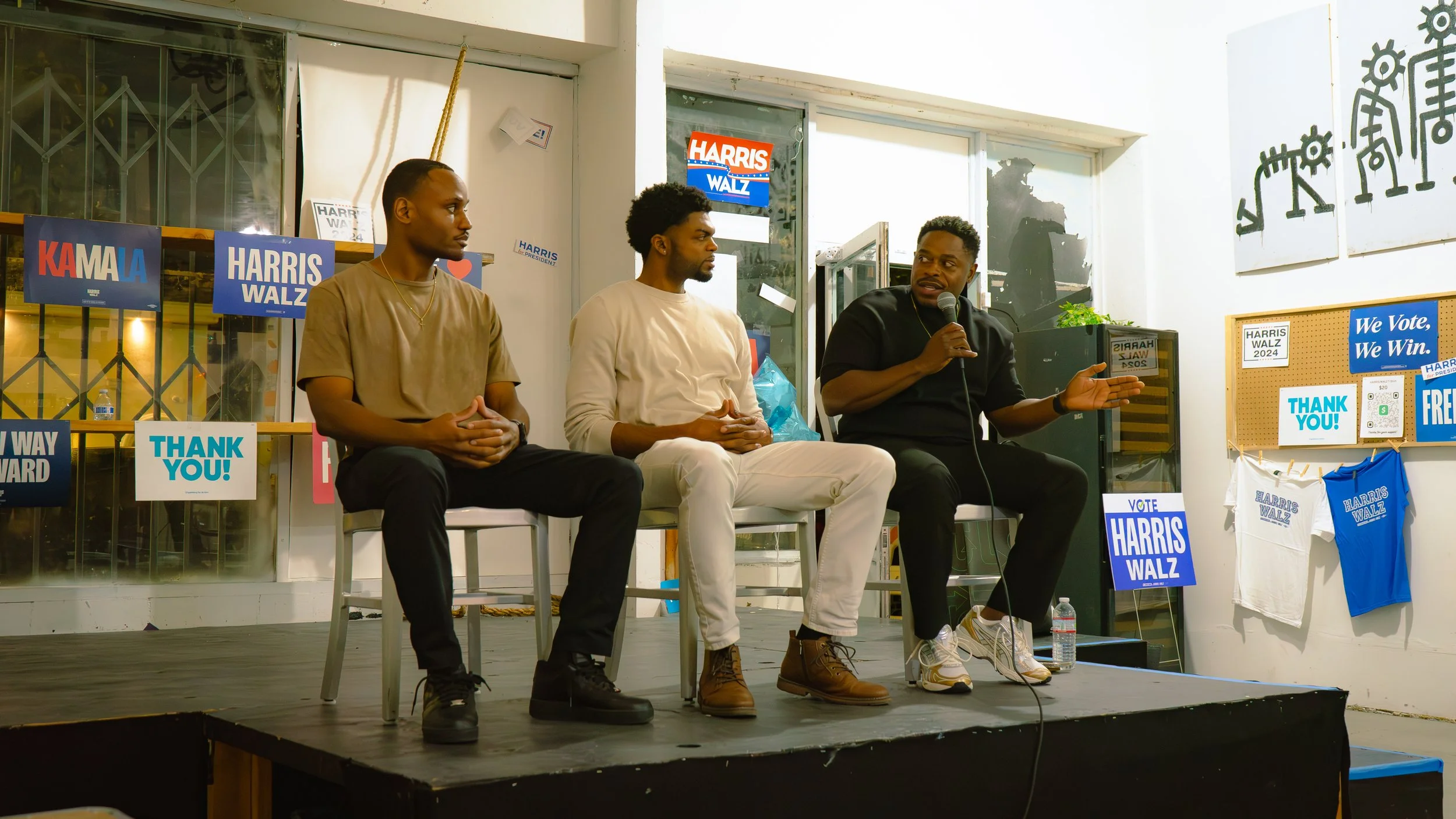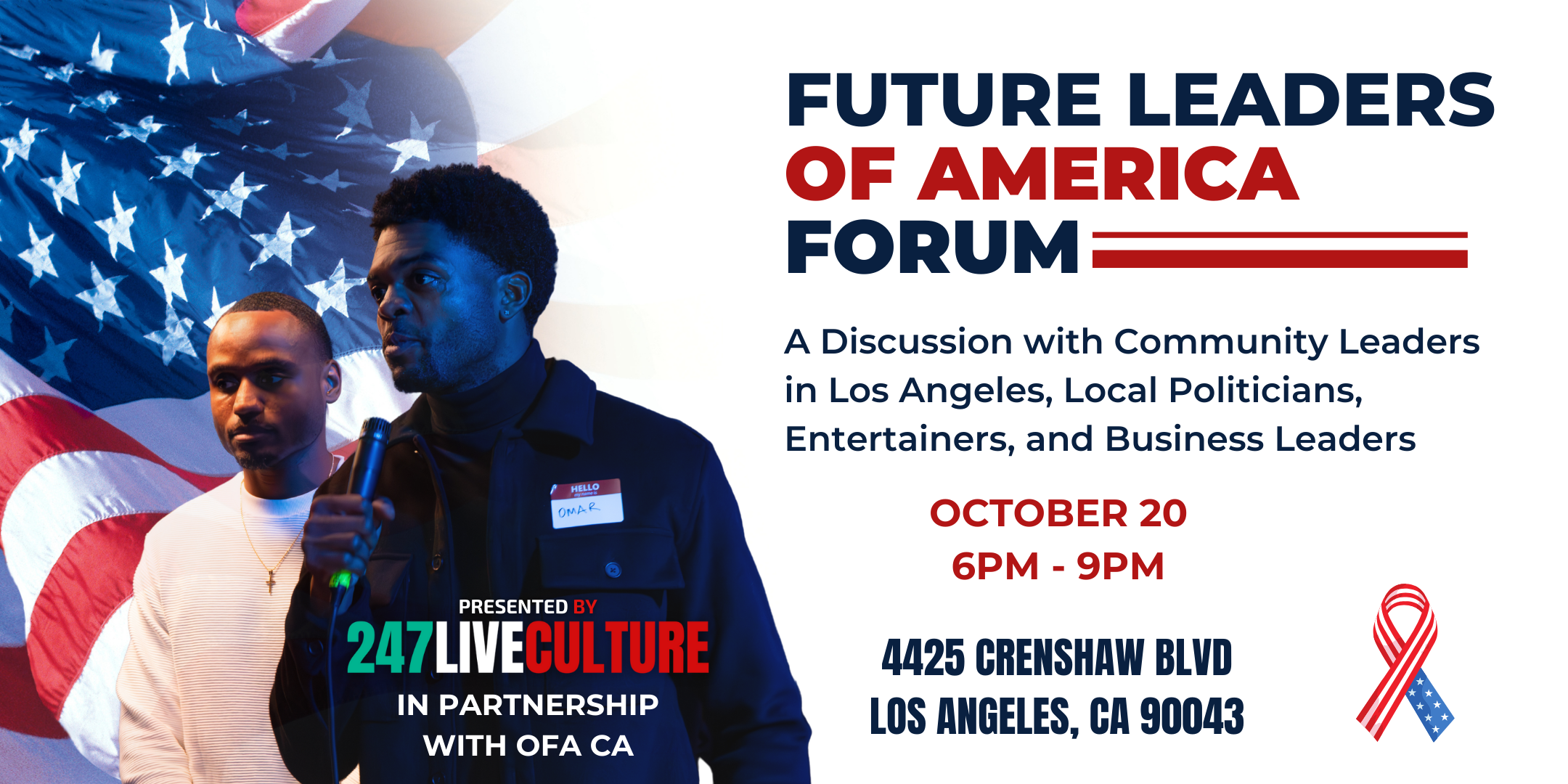Celebrating Black History | The Life of Political Activist Angela Davis
By: Kwana Adams
I didn’t learn a thing about Angela Davis until well into my college years, and she immediately became one of my favorite people. I learned about her during a time when I was learning more about activism and black history. I was angry and tired, and I wanted people to look up to. My knowledge of prominent black women in activism was and still is severely lacking, and it’s disappointing. However, if I want to learn black history, I’ve come to terms that I have to teach myself.
That has been my mission ever since learning about Angela Davis. She, too, thought that black women were not being represented enough in history. The school system only taught me so much then sent me on my way. I can remember the few names of prominent black men I learned about, but I can’t remember learning about a single black woman. Black men are usually the face of activism and civil rights, but women were right along with them, fighting just as hard and being brutalized and treated just as horribly for being black.
After being involved in a highly publicized murder case and her involvement in the Black Panther and an all-black Communist Party, Angela Davis became widely known. Most of her life was filled with racism and prejudice, so it’s no surprise that she became as radicalized as she did. As a child, she learned to live with the racial segregation that surrounded her, but she also learned that it would start with her and her generation if there were to be any change.
Birmingham, Alabama, where she was born, was a very infamous city for racial attacks, and it was hard for black people living there. Not only did she become an activist and influential political figure, but she is a fantastic author as well. A book by her is much more valuable to me than anything I learned as a student. She has so much more to offer me, as a black woman, than the school system has.
With the life that she lived and is still living, it comes as a shock that it wasn’t part of any curriculum. She was on the FBI’s most-wanted list; she was imprisoned for 18 months of her life, she saw her friends die from bombs, and most of all, she lived to tell the tale. When asked if she approved of the use of violence by the Black Panthers, this was her response:
“You ask me whether I approve of violence? That just doesn’t make any sense at all. Whether I approve of guns? I grew up in Birmingham, Alabama. Some very, very good friends of mine were killed by bombs- bombs that were planted by racists. I remember, from the time I was very small, the sounds of bombs exploding across the street and the house shaking… That’s why when someone asks me about violence, I find it incredible because it means the person asking that question has absolutely no idea what black people have gone through and experienced in this country from the time the first black person was kidnapped from the shores of Africa.”
I look up to Angela because she spent a lot of her life fighting and being knocked down, and she is still fighting. She is still working towards the future she’s been wanting to see since she began her fight. I love the drive and the determination, and the power she possesses. I’m embarrassed to admit I haven’t known her long, but I make up for it every day. It’s sad to say that her fight is not over, but we have come so far from where she started. Some progress is better than no progress, and I hope people don’t think the fight ends here because we aren’t going anywhere until we see results. Angela taught us.





